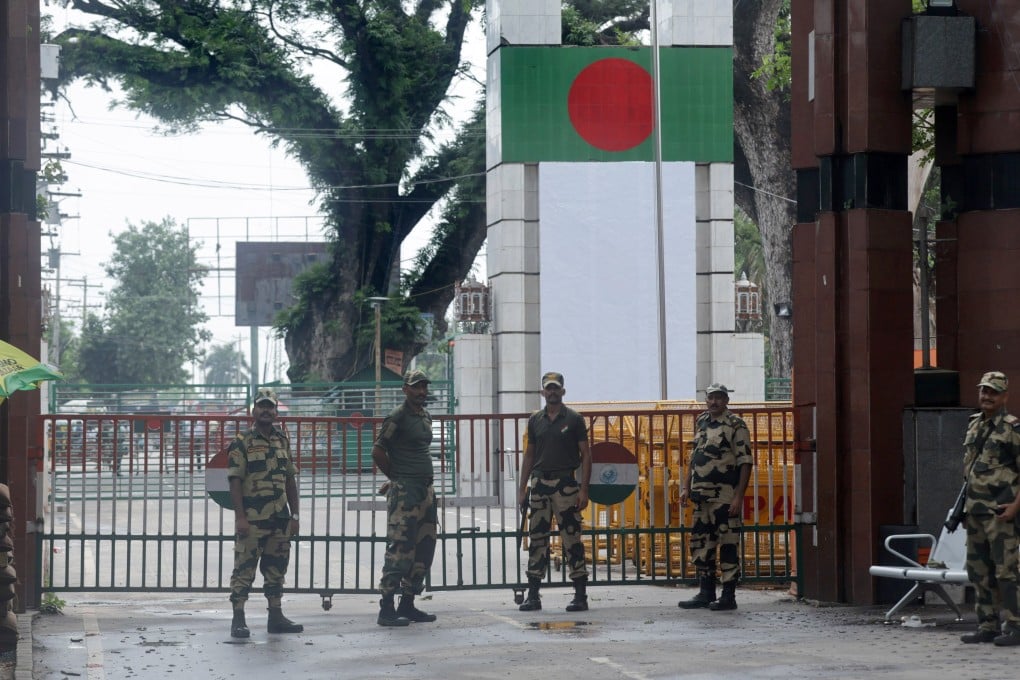With ousting of Bangladesh’s Sheikh Hasina, is India losing its South Asia allies to China?
- India may need to redefine its ‘Neighbourhood First’ policy to accommodate China’s presence in the region, analysts note

The recent resignation of Bangladesh’s Prime Minister Sheikh Hasina, a key ally of India, has raised concerns about the future of New Delhi’s “Neighbourhood First” foreign policy and a possible shift in the balance of influence in South Asia towards China.
Nilanthi Samaranayake, an adjunct fellow at the East-West Center in Washington, told This Week in Asia that Hasina’s resignation last week complicated India’s relations with smaller South Asian countries.
“She [Hasina] had arguably the closest and most enduring ties with New Delhi of all neighbouring leaders,” Samaranayake said, noting that Hasina’s departure could signal a turn for the worse in regional ties.
“Bangladesh is now going through a reform process that will take a significant amount of time to conclude before elections can take place, so the interim government will need India’s support.”
India’s “Neighbourhood First” foreign policy initiative, launched by Prime Minister Narendra Modi in 2014, aims to strengthen ties with regional countries in South Asia.
Bangladesh’s main opposition parties, the Bangladesh Nationalist Party and the Jamaat-e-Islami, have traditionally favoured closer ties with China and Pakistan over India.
